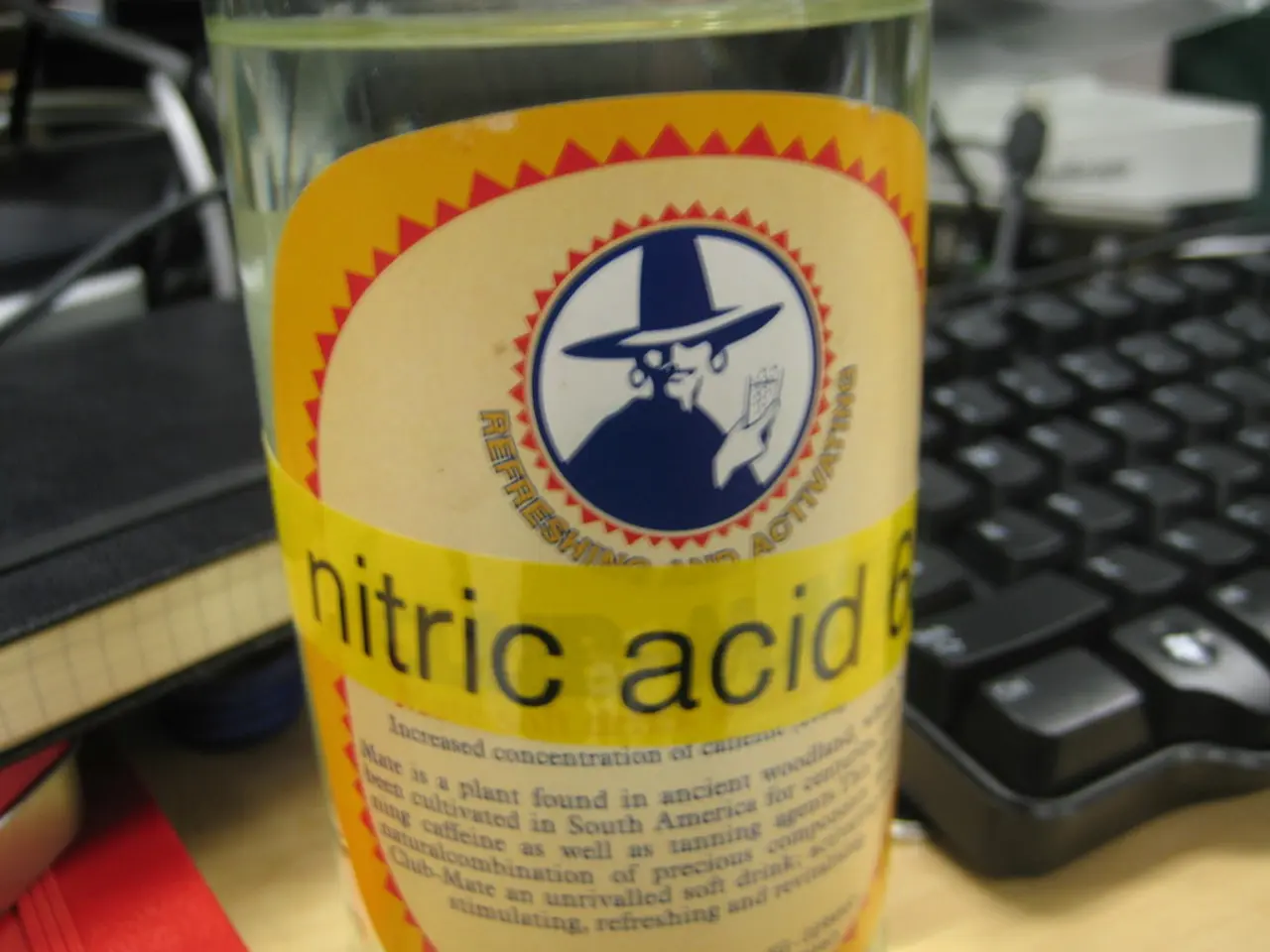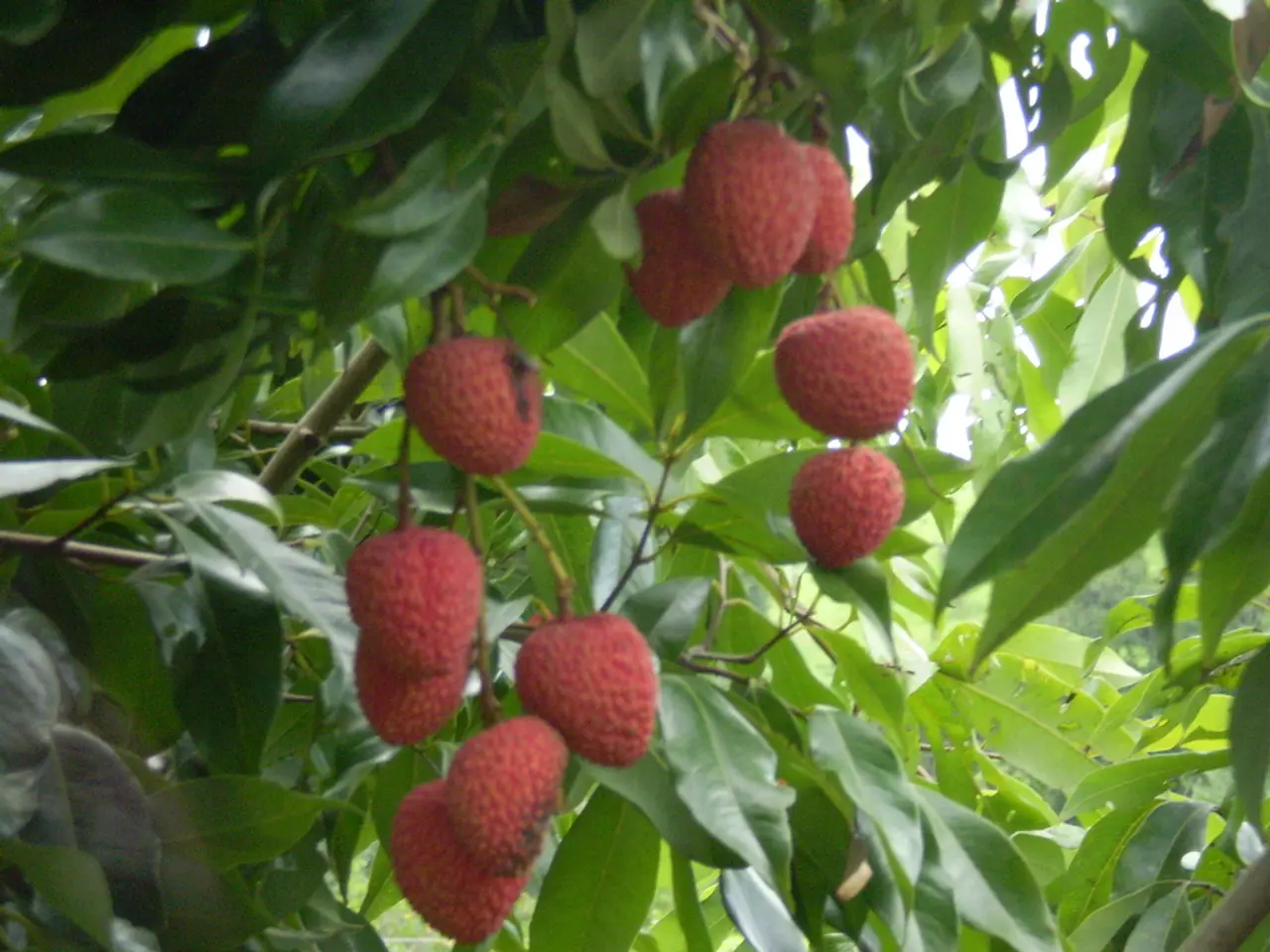Parkinson's Disease Treatment: Exploring Possible Aids from Supplements
People with Parkinson's disease (PD) can benefit from a balanced diet and lifestyle changes, according to recent research. The Parkinson's Foundation recommends eating plenty of whole grains, vegetables, fruits, and foods rich in antioxidants, while reducing sugar, salt, sodium, and saturated fat intake. Regular physical activity, maintaining a healthy weight, and limiting alcohol and caffeine intake, especially before bed, are also advised.
One diet that shows promise is a modified low-dairy ketogenic diet. A 12-week study found improvements in motor function, quality of life, and some non-motor symptoms like freezing of gait, with all participants maintaining nutritional ketosis. Other small clinical trials corroborate these findings, indicating that KD may improve non-motor symptoms more consistently than motor symptoms in the short term, and suggest neuroprotective effects related to reduced inflammation and altered neurotransmitter signaling.
Another diet that could benefit PD patients is a Mediterranean-type diet rich in fruits, vegetables, lean proteins, and healthy fats. Research suggests that this diet, combined with the Dietary Approaches to Stop Hypertension (DASH) diet, benefits cognitive function and quality of life in PD patients. Intermittent fasting, where one cycles between periods of eating and fasting, has also been investigated in animal models, showing neuroprotective effects through mechanisms like promoting cellular cleanup (autophagy) and reducing oxidative stress.
Cannabidiol (CBD), a compound from cannabis, shows potential in addressing specific PD symptoms. Small studies and anecdotal reports suggest it may help reduce psychosis symptoms like hallucinations and delusions, alleviate some pain, improve sleep disturbances, and enhance quality of life. Despite these promising indications, large-scale and long-term clinical trials are lacking, making it premature to definitively recommend CBD for PD symptom management.
Vitamin E, found in foods such as sunflower oil and seeds, almonds, peanuts, asparagus, and avocado, is associated with improved cognitive performance and is found to be beneficial for people with PD. Vitamin C, an antioxidant found in many fruits and vegetables, may also have an association with PD, and some case studies have shown improvement in symptoms when people with PD increased their vitamin C intake.
Other natural remedies such as dance, acupuncture, massage, tai chi, and repetitive transcranial magnetic stimulation (rTMS) are being investigated for their potential benefits in people with PD, but more research is necessary to learn about their effectiveness. Whey protein may help people with parkinsonism or PD, as it has been shown to increase levels of an antioxidant called glutathione and improve lower body function.
In all cases, these supplements and natural remedies are adjuncts, not substitutes, for conventional PD treatments. Further rigorous studies are needed to establish their efficacy, optimal dosages, and long-term safety profiles in Parkinson’s disease. It is always essential for people with PD to check with a doctor before trying a new approach and to continue with the treatment plan their doctor prescribes for them.
References:
- Klein, R. (2021). The Ketogenic Diet in Parkinson's Disease: A Review. Nutrients, 13(2), 519.
- Parker, L. A., & Starr, A. (2018). Cannabinoids in Parkinson's Disease. Current Neurology and Neuroscience Reports, 18(10), 96.
- Van Den Brandt, P., & Van Den Eynde, B. (2019). Nutritional approaches for the treatment of Parkinson's disease. European Journal of Neurology, 26(1), 14-25.
- Volkmann, J., & Noebels, J. L. (2018). The ketogenic diet in Parkinson's disease: A review of the preclinical evidence. Journal of Neural Transmission, 125(7), 829-844.
- Yang, Y., & Wang, J. (2019). The Gut Microbiota in Parkinson's Disease. Journal of Parkinson's Disease, 9(2), 209-220.
- People with Parkinson's disease may benefit from supplements like whey protein, as it is shown to increase glutathione levels and improve lower body function.
- While CBD shows potential in addressing specific PD symptoms, large-scale and long-term clinical trials are still lacking for a definitive recommendation.
- A Mediterranean-type diet, combined with the DASH diet, benefits cognitive function and quality of life in PD patients, according to research.
- Intermittent fasting, which promotes cellular cleanup and reduces oxidative stress, has shown neuroprotective effects in animal models.
- Vitamin E, found in foods like sunflower oil, asparagus, and avocado, is associated with improved cognitive performance in PD patients.
- Vitamin C, an antioxidant present in many fruits and vegetables, may have an association with PD and some case studies suggest symptoms improve with increased intake.
- Natural remedies such as dance, acupuncture, massage, tai chi, and rTMS are being investigated for potential benefits in people with PD, though more research is necessary.
- In all cases, these supplements and natural remedies are adjuncts, not substitutes, for conventional PD treatments.
- The Parkinson's Foundation recommends a balanced diet rich in antioxidants, whole grains, vegetables, fruits, and lean proteins to optimize health and wellness for PD patients.
- The modified low-dairy ketogenic diet has shown improvements in motor function, quality of life, and non-motor symptoms in short-term studies.
- Chronic diseases like diabetes, obesity, dermatitis, psoriatic arthritis, depression, neurological disorders, and Crohn's disease are examples of medical-conditions that require a predictive, nutritional approach for effective management.




